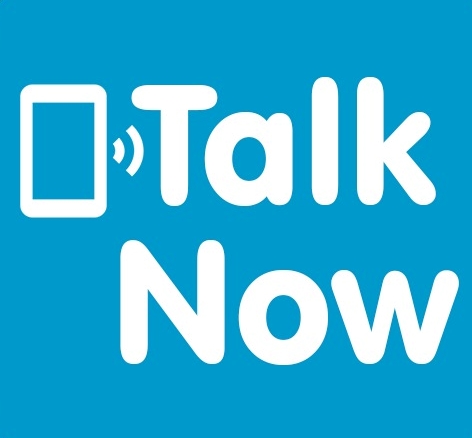DIRECT SPEECH
Reporting or telling the words of a speaker is done in two ways. When simply explained, when we quote the actual words of a person, it is known as “Direct Speech.” When we do not tamper or fabricate the exact wording, it will be known as Direct Speech. You can notice in the Direct Speech that inverted commas are used to mark the exact words of the speaker.
Examples of Direct Speech:
- Kevin said, “He is very hungry”.
- Mark said, “He does not want to go to the school.”
- Lisa said, “She does not want to eat fruits.”
- Neil said, “He understood the assignment.”
INDIRECT SPEECH
When we report something without quoting the exact words of the person, we call it Indirect Speech. The use of inverted commas is not done in the case of Indirect speech. Note that Indirect Speech is also called Reported Speech.
Examples of Indirect Speech:
- Kevin said that he is very hungry.
- Mark said that he does not want to go to school.
- Lisa said that she does not want to eat fruits.
- Neil said that he understood the assignment.
Change Direct Speech into Indirect Speech in 6 ways
- When the reporting verb is in the past tense, all the Present Tense of the Direct Speech will be converted into Past tense.
- The tenses will not change if the statement is still relevant or if it is a fact. The choice depends on us whether to change or keep the original tenses.
- Often, the past tense is used when it is not so sure that the statement is true or when we are objectively reporting.
- If the reporting verb is in the Present Tense, then the tenses of the Direct Speech will remain unchanged.
- The pronouns of the Direct Speech are changed so that their relations with the reported and the listener are indicated.
- At the time of the reported speech, words like ‘this’ and ‘these’ are changed to ‘that’ and ‘those’ unless the thing pointed out is near.
EXAMPLES
Direct speech (statement): I like chocolates.
Indirect speech: She says (that) she likes chocolates.
Direct speech (question): Where do you study?
Indirect speech: He asked me where I study?
Direct speech (question): Where is everybody?
Indirect speech: She asked me where everybody was?
Direct speech (request): Please don’t smoke.
Indirect speech (request): He asked me not to smoke.
Direct speech (question): Could you pass the bottle, please?
Indirect speech: He asked me to pass the bottle.
Quiz | Direct Speech and Indirect Speech














